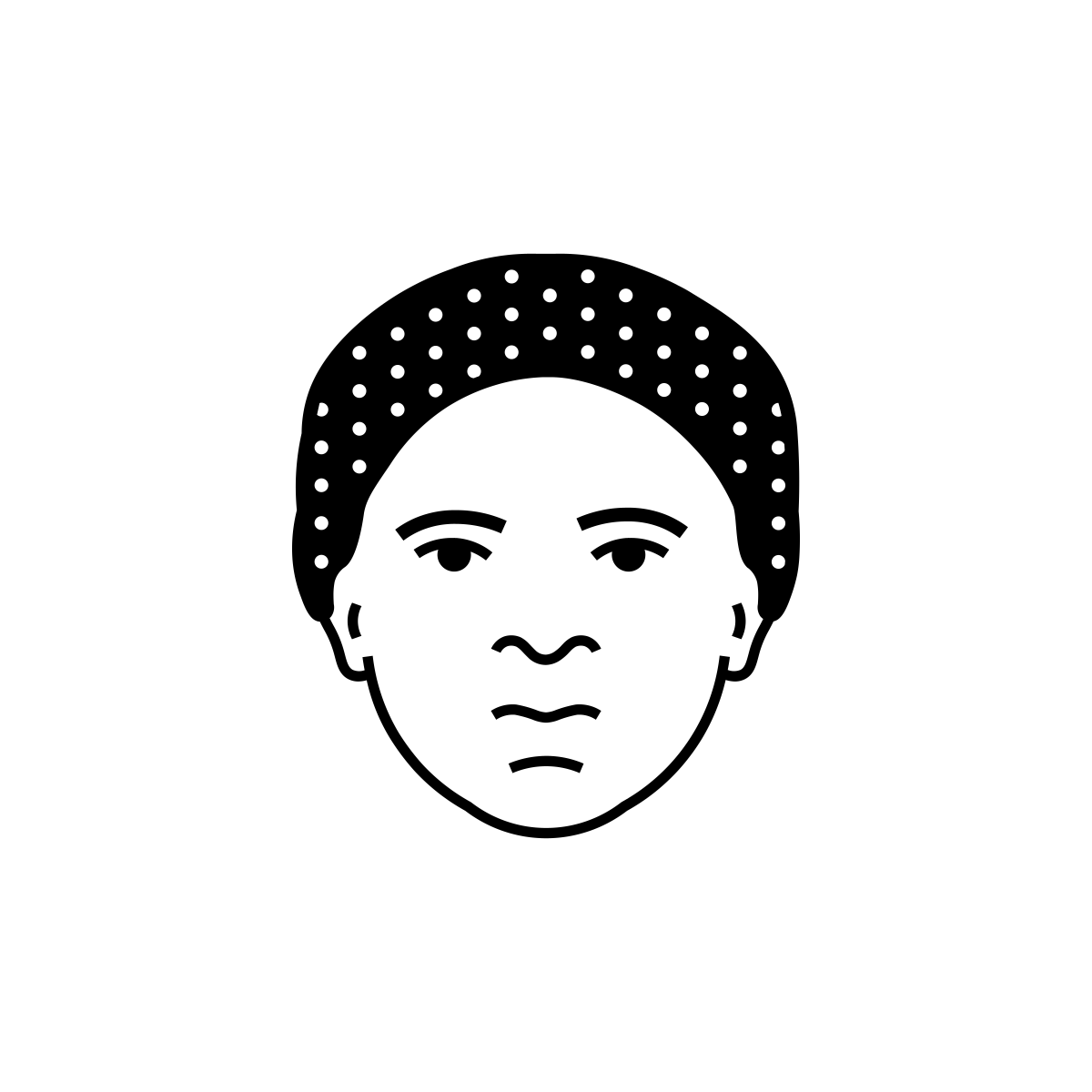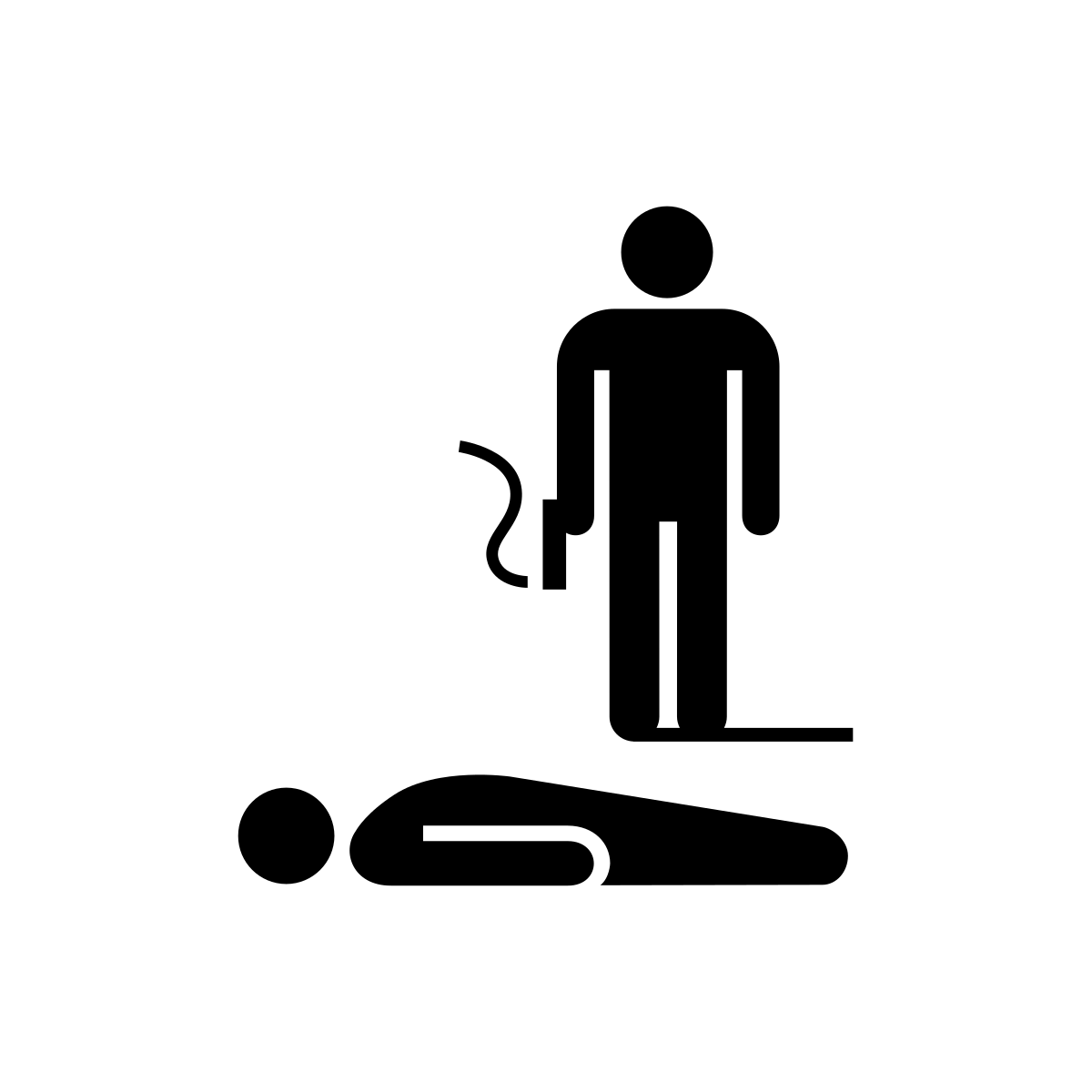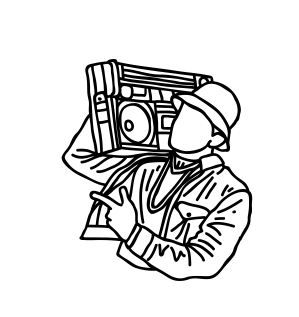Your Search Results (55) sorted by newest
The Boston Massacre: A Bloody Slaughter or Self Defense?
Students analyze Paul Revere’s engraving of the Boston Massacre, a newspaper account by the imprisoned British commander, a sworn deposition by an eyewitness, and the court testimony of another eyewitness to learn about sourcing, bias, and credibility in historical sources.
30-60 Minutes
Picturing the Underground Railroad: Historical Context Through Book Covers
Students analyze three book covers to understand historical context, to reflect on how identity impacts interpretation, and to discuss the role of media makers in crafting historical representations.
15-30 Minutes
Claiming Feminist Identities
Media literacy and critical thinking lesson using diverse media imagery to teach about the history of the late 20th century women's liberation movement in the U.S.
This lesson is part of a "kit" or collection of media decoding lessons on a particular topic. You can explore that kit using the link below:
Unit: Women's LiberationKit: Media Constructions of Social Justice
30-60 Minutes, Over 60 Minutes
The Murders of Osage Indians: Media Forms, Qualities, and Credibility
Students will explore how different media forms represent the history of the Osage murders, the credibility of sources, and their own preferences.
30-60 Minutes
Origins of Hip Hop: Considering "The Message"
Students analyze song lyrics, a music video and an excerpt from a documentary for messages about the origins of hip hop as reflected in the song, “The Message.”
15-30 Minutes
Arguing For Freedom
Media literacy and critical thinking lesson using diverse media imagery to teach about the history of the movement to abolish slavery in the United States in the early and mid-19th century.
This lesson is part of a "kit" or collection of media decoding lessons on a particular topic. You can explore that kit using the link below:
Unit: Abolition of SlaveryKit: Media Constructions of Social Justice
30-60 Minutes, Over 60 Minutes
A Media Chronology
Media literacy and critical thinking lesson about Dr. King's public accomplishments and their representation in the media.
This lesson is part of a "kit" or collection of media decoding lessons on a particular topic. You can explore that kit using the link below:
Kit: Media Constructions of Martin Luther King, Jr.
Over 60 Minutes
Censoring Seuss: Cancel Culture or Cultural Respect?
Students evaluate pages from Dr. Seuss books that were removed by the family for perpetuating stereotypes and then analyze a tweet and replies that includes support and criticism for censoring those images - discussing both the issues and the civility of the comments.
30-60 Minutes
Columbus “Discovers” America: What’s The Story?
Students analyze three illustrations for messages about Columbus and the Tainos, and reflect on changing perspectives on history.
15-30 Minutes
Creative Visions of the Future
Media literacy and critical thinking lesson analyzing the imagined future of food, water and agriculture as viewed through the creative media of film, song, poetry and science fiction literature.
This lesson is part of a "kit" or collection of media decoding lessons on a particular topic. You can explore that kit using the link below:
Kit: Media Constructions of Sustainability: Food, Water, and Agriculture
Over 60 Minutes
Creativity in Mentoring
Media literacy and critical thinking lesson analyzing four short excerpts from feature films about mentoring by elders.
This lesson is part of a "kit" or collection of media decoding lessons on a particular topic. You can explore that kit using the link below:
Kit: Creativity & Aging Through the Lens of Film
30-60 Minutes
Louis XIV & Absolute Monarchy: Media Messages from the Time
Students analyze media documents from the era of Louis XIV - an oil painting, a royal medal, an excerpt from John Locke’s “Treatise on Government” and an excerpt from a French travel memoir - for messages about absolute monarchy, media forms and historical context.
30-60 Minutes
Rachel Carson (Print Documents Lesson)
Media literacy and critical thinking lesson using four short informational writing excerpts to reflect on the media representation of Rachel Carson's legacy.
This lesson is part of a "kit" or collection of media decoding lessons on a particular topic. You can explore that kit using the link below:
Kit: Media Constructions of the Environment: Chemicals in the Environment
30-60 Minutes
Singing the Struggle
Media literacy and critical thinking lesson exploring political and cultural perspectives in Israel and Palestine by listening to excerpts from four songs.
This lesson is part of a "kit" or collection of media decoding lessons on a particular topic. You can explore that kit using the link below:
Unit: Israel/Palestine: Histories in ConflictKit: Media Constructions of the Middle East
30-60 Minutes
The Value of Trees
Media literacy and critical thinking lesson reflecting on the free market's role in the 19th century lumber harvest by interpreting maps and comparing texts from John Muir and John J Audubon .
This lesson is part of a "kit" or collection of media decoding lessons on a particular topic. You can explore that kit using the link below:
Kit: Economics in U.S. History: A Media Literacy Kit
30-60 Minutes
Three Speeches
Media literacy and critical thinking lesson analyzing three of Dr. King's speeches for content, literary devices and presentation form.
This lesson is part of a "kit" or collection of media decoding lessons on a particular topic. You can explore that kit using the link below:
Playlist: English Language ArtsKit: Media Constructions of Martin Luther King, Jr.
Over 60 Minutes
Understanding Teen Media Use: Different Research Techniques
In this media literacy activity students analyze three articles about different approaches to social science research through polling data analysis, a longitudinal study and a literature review. Students explore the techniques used for data gathering and discuss the impacts of social media use on adolescents.
30-60 Minutes
Women’s Suffrage: Why the Women’s Vote Was Important Then and Is Now
In this media literacy activity students analyze primary and secondary texts from the 19th to the 21st century for messages about the arguments in favor of women voting.
30-60 Minutes
U.S. History Textbooks Messages About Hiroshima & Nagasaki
Students analyze excerpts from two U.S, history textbooks for messages about President Truman's decision to drop atomic bombs on Japan and about author's point of view in media messages . This simple decoding activity has been taken from a larger lesson with many slides titled “For Peace or Against Oppression?”. To access this lesson, type the title with quotes into the PLS keyword search bar.
Under 15 Minutes
"From the Palmer Raids to the Patriot Act" & "Investigate Everything" Book Covers
Students analyze 2 book covers for messages about civilian dissent and government repression during wartime and about editorial design choices in 21st century book covers. This simple decoding activity has been taken from a larger lesson with many slides titled “Peace or Liberty?”. To access this lesson, type the title with quotes into the PLS keyword search bar.
Under 15 Minutes

.png)














.png)



